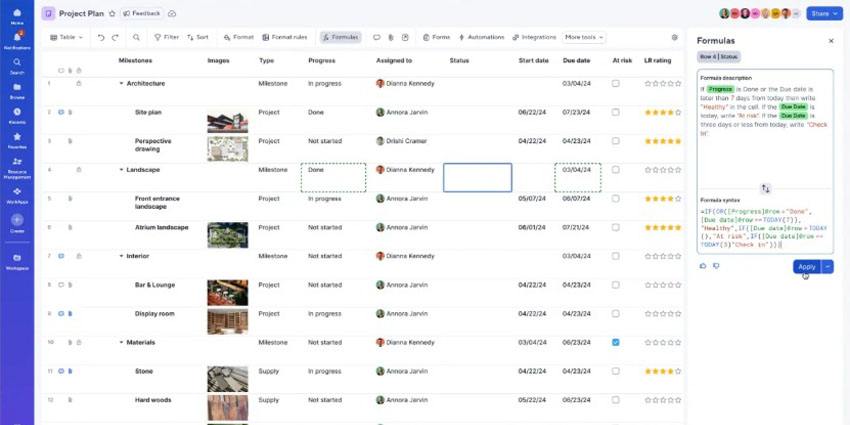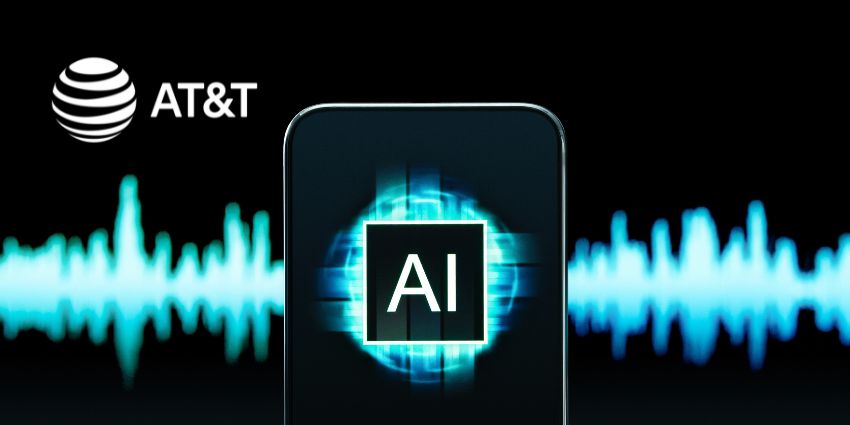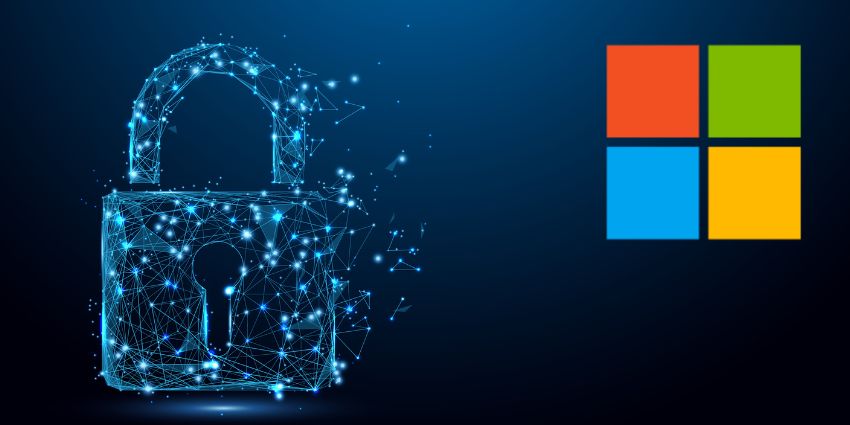With most global companies consistently trying to streamline and simplify meeting scheduling, Voicera has also jumped into this space, with Eva, its AI assistant geared to stay online and alert during meetings, and gather all that’s vital, linking those movements with other collaborative mechanisms. Further, if one works on email or an app to speak to one’s teams, Eva will also connect the same.
Unboxing Eva
Given how popular voice-controlled smart assistants have become, the field of speech recognition and natural language processing are now brimming over with activity. This has also impacted technologies, like transcription engines, which are used for meetings and interviews.
However, beyond transcribing the entire text – including slightly mumbled or non-understandable words – it’s also important to assess the key highlights of such records and turn the same into a clear and concise set of points. Eva is geared to do both, and it is driven by artificial intelligence, with the special focus on Progressive Attention AI, which is out for public consumption.
Eva – or Enterprise Voice AI – works on a particular transcription, using three training engines on each file. Each engine will work on a particular functionality, one actioning work on sorting background noise, the other on multiple speakers, and the like. This is known as Ensemble Learning, and helps driver greater accuracy and efficiency. Whenever there is a conflict between incoming streams from the engines, a machine learning layer arbitrates, to come to a conclusion.
Despite Eva’s focus on machine learning, Voicera is also looking to give the product some support by working on newer versions, where editing facilities will be made available, for the recordings.
https://www.youtube.com/watch?v=Fh7-R7MzXbY
In terms of pricing, a competitive pricing model would help reach out to a wide user-base, with a start via a free version that’s ready to support 25-minute long meetings. The most expensive version is billed at $31.99 per user/per month, with unlimited meeting timelines, predictive markers and highlights, auto-correction for transcripts, and other features as well. Interestingly, Eva was the brainchild of Workfit, a company that raised $5.5 million in February 2017, to create the perfect virtual assistant. Since then, the company has rebranded as Voicera and raised $14.5 million in March 2018, to develop AI capable of drawing insights from meeting notes. Voicera even acquired mobile app WrappUp in April, in a bid to extend Eva’s capabilities beyond conference calls, into meetings, scheduling, and the larger business-collaboration landscape. “People have too many meetings and FOMO is a growing concern in our multitasking environment,” adds Voicera CEO Omar Tawakol. Given these market movements, we could expect major updates to Eva across 2018-19.
Opinions – what makes Eva tick
In a world that’s alarmingly fast-paced, meeting applications must help gather all the chatter, the various points-of-view, dense conversational patterns, and glean the right ideas and the most critical findings. With Voicera and Eva, one can work with robust AI to ensure everything is noted down, and one can focus on what’s more important – being part of the meetings, sharing ideas, listening in on opinions, and arriving at smarter, shared decisions.







